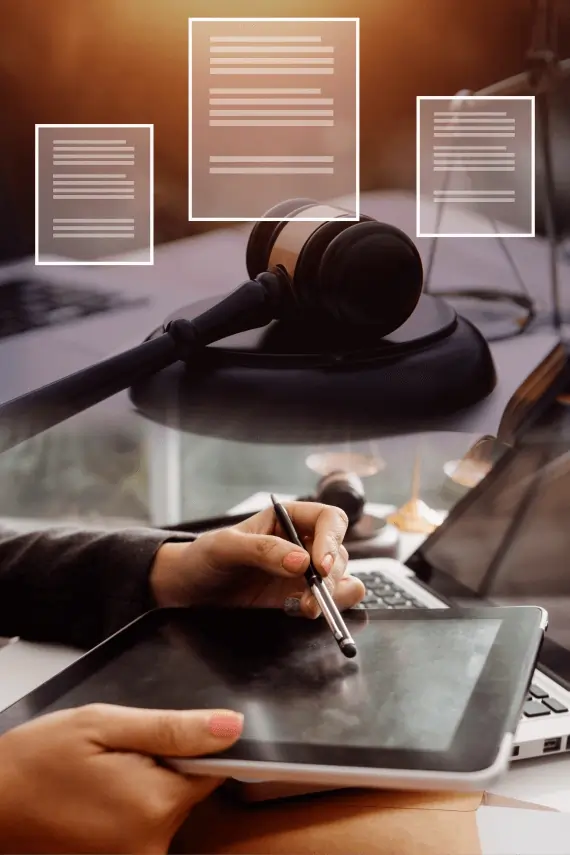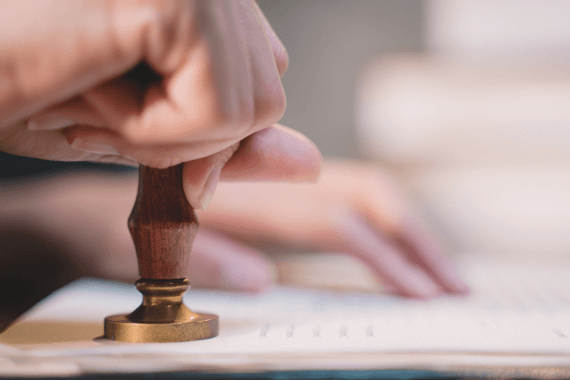Notarisation - A brief History

The History and Importance of Notarisation
The origin of the word "notary" comes from the Latin word "notarius," which means "shorthand writer."
The history of notarisation can be traced back to ancient Rome, where notaries were public officials appointed by the emperor to verify the authenticity of documents and transactions. Notarisation became especially important in the Middle Ages, as international trade increased and merchants needed a trusted third party to verify the authenticity of documents across borders.
The notarial profession was introduced to England in the 13th century and to the United States in the 17th century. Today, notaries play an important role in a wide range of legal and business transactions.
The notarial profession continued to grow and develop in England and other common law countries over the centuries. Today, notaries play an important role in a wide range of legal and business transactions. They are responsible for notarising documents such as contracts, deeds, and powers of attorney. Notaries also administer oaths and affirmations, and they can take depositions and witness signatures.
The notarial profession is regulated by law in most countries. Notaries must meet certain qualifications, such as being of good character and having a knowledge of law. They must also be commissioned by the government or another authorized authority.
Notaries play an important role in protecting the public and promoting confidence in the legal system. By notarising documents, notaries help to ensure that they are authentic and that they have been executed properly.
Here are some examples of how Notarisation has been used throughout history
- 12th Century: Notaries were used to verify the authenticity of papal decrees.
- 13th Century: Notaries witnessed the signing of the Magna Carta.
- 15th Century: Notaries authenticated the voyages of Christopher Columbus.
-
18th Century: Notaries witnessed the
- signing of the Declaration of Independence and the
- signing of the United States Constitution.
-
20th Century:
- Notaries witnessed the signing of the Treaty of Versailles, which ended World War I, in 1919.
- Notaries were also witnesses to the signing of the United Nations Charter in 1945
- 21st Century: Notaries witnessed the signing of the Paris Agreement on Climate Change in 2015.


The benefits of notarisation include
- It provides a trusted third party to verify the authenticity of documents and transactions.
- It can help to prevent fraud and forgery.
- It can make documents more acceptable to government agencies and other organisations.
- It can provide evidence of the due execution of a document.
- Real estate transactions
- Business transactions
- Estate planning
- International trade
- Government transactions
